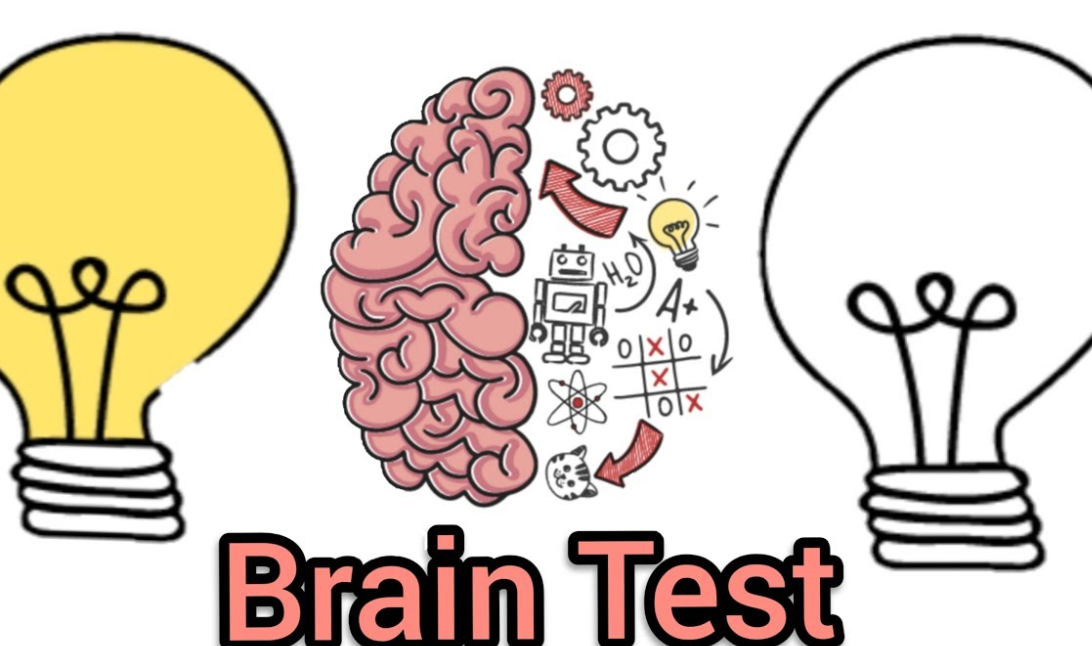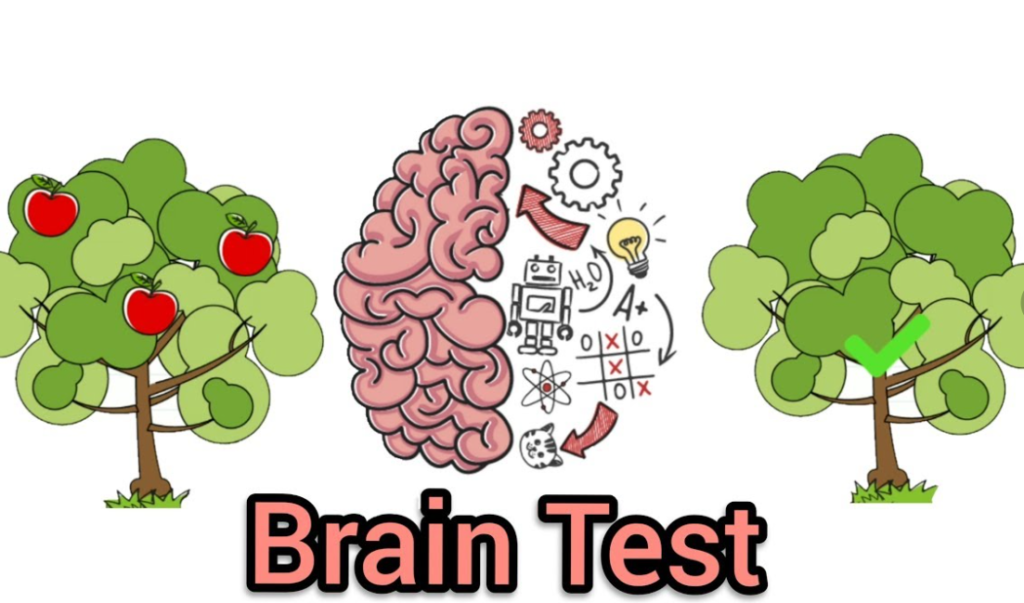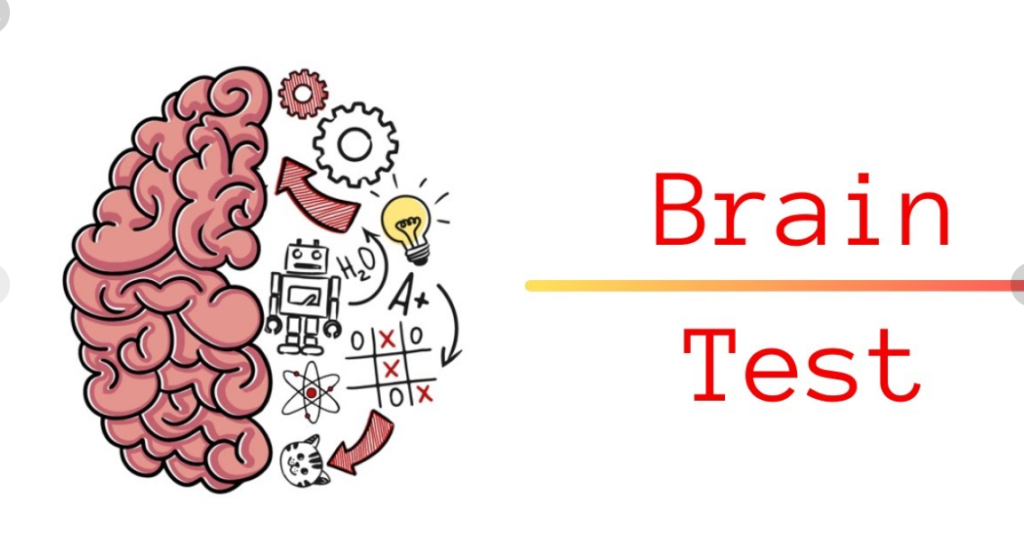
IQ tests are widely used in both the United States and abroad to detect individuals with high mental capacity. They’re even employed to screen military recruits, and some public policies incorporate test scores into decisions regarding education, employment opportunities, and public benefits programs.
Factors such as age can influence a person’s IQ level. Studies have even demonstrated that higher IQ scores are linked to greater happiness, wealth and health.
Cognitive Epidemiology
Intelligence quotient tests so IQ test are an integral component of cognitive epidemiology, the study of mental ability and health and longevity. They accurately predict outcomes like job performance and academic achievement better than any other psychological factor can.

IQ and age are highly correlated in the general population, even after controlling for socioeconomic status. These results provide important insight into how intelligence impacts health.
These results were based on a large cohort of year-of-birth births that included roughly equal numbers of men and women without any selection bias. This was the only near-entire population study to examine the relationship between IQ and mortality across most stages of human life.
We observed an association between education and global cognition in older age that was independent of sex but diminished when pre-morbid IQ was taken into account. Furthermore, depression also had no effect on this association. Therefore, higher levels of education may provide some protection for cognition in old age, though its causal effect cannot be fully explained by premorbid IQ alone.
Educational Achievement
In 1904, the French government requested psychiatrist Alfred Binet to devise a test that could identify students who needed extra assistance in school. Binet’s test, still used today, was designed to pinpoint areas of need such as spatial reasoning or verbal ability.
Educational achievement is affected by both external factors like material deprivation and teacher labelling, as well as internal ones like eugenic theories of intelligence (external) or teacher bias (internal). Gender, racial/ethnicity, class and social stereotypes all have an effect on how pupils perform in school.
IQ tests can be useful in recognizing students who might require special education services or extra tutoring, but it’s essential to weigh all factors before making a final determination. That is why IQ scores only provide an initial diagnosis rather than being an exhaustive measure of potential or intelligence. Furthermore, IQ tests should only be utilized as an opportunity for gifted education programming-not to exclude them as too often occurs.
Socioeconomic Status

Socioeconomic status is the position a person or family holds within society. This can range from high to low and depends on factors like education, occupation, income, wealth, access to healthcare services and social/family protection.
In addition to intelligence, many other factors can determine an individual’s socioeconomic status. Generally speaking, those with higher socioeconomic standing tend to be better educated, earn more money, and possess more assets.
Some researchers have speculated that differences in wealth or socioeconomic status are the reason individuals score higher on IQ tests, particularly during childhood (Herrnstein & Murray, 1994; Zwick, 2002). Conversely, some believe those with high IQs possess an enhanced genetic makeup or possess access to educational opportunities or home life advantages due to birth.
In the study described above, researchers investigated how childhood socioeconomic status can impact young adult brain activity using diffusion tensor imaging. They observed that children whose parents’ socioeconomic standing were lower at baseline exhibited lower psychometric intelligence scores and greater mean diffusivity in bilateral fusiform gyrus regions of their cortexs.
Health
IQ, or intelligence level, is a measure of your mental capabilities that are typically tested through standardized exams. These assessments cover various skills which can affect health such as memory and learning ability, abstract reasoning ability and visual-spatial processing speed. Now it is very easy to take an IQ test. Because there are many sites and applications that allow us to do online IQ test. However, it is very important to find a reliable one.
However, IQ is only an indicator of how well you perform on the test and does not take into account the complexity of problem-solving that most people employ in daily life. Therefore, taking an IQ test may sometimes be misleading and falsely suggest cognitive issues when none exist.
In the past, IQ scores were often used to discriminate against those who did not fit a stereotype of “smart” or “intelligent” individuals, often within racist ideologies about intellectual inferiority within certain groups. They also served to justify exclusion of immigrants from America, sterilization of racial minorities and police department hiring practices.

